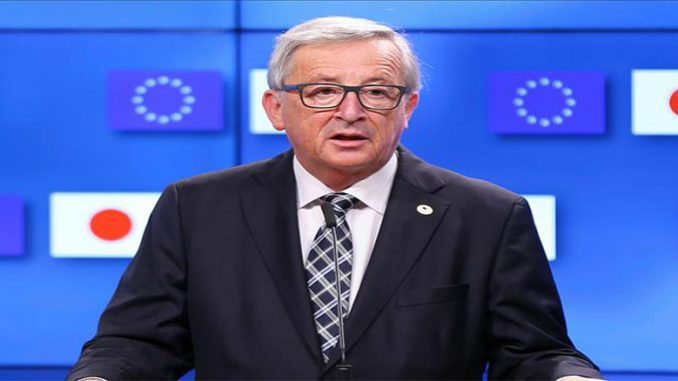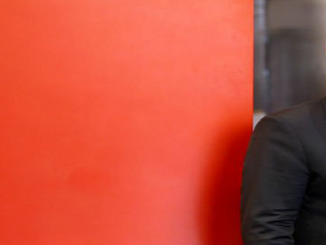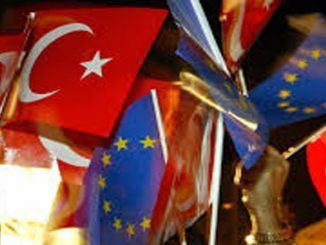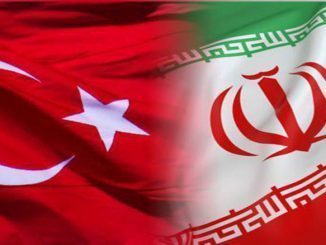
Jean-Claude Juncker insists ‘it is better for both sides’ to maintain dialogue
European Commission chief Jean-Claude Juncker has opposed calls for ending EU membership talks with Turkey amid political tensions between Ankara and several European capitals.
“I believe that it is better for both sides, for the mutual relationship between Turkey and the EU, to continue talks,” Juncker said in an interview with German public radio broadcast on Thursday.
Ahead of a general election in Germany next month, opposition politicians have called for an end to Turkey’s EU membership talks due to recent political tensions between Berlin and Ankara, and differences on issues such as the rule of law and human rights.
Chancellor Angela Merkel’s coalition partner, the Christian Social Union (CSU), has also vehemently opposed full EU membership for Turkey.
However, Juncker said whether Turkey could become a full member or not was not today’s discussion, as the country was still not at the point of meeting the political criteria for membership.
He also rejected calls for a unilateral EU move to end Turkey’s membership talks, and also warned politicians against potential fallout from such a decision.
“It would not be an example of sophisticated statesmanship to transfer the burden of responsibility of such a decision to the EU,” he said, and argued that Turkey’s EU future was dependent on Ankara’s policies.
Juncker also criticized politicians and the media what he said were exaggerated claims on EU funding for Turkey, something which became a topic in German electioneering.
“For Turkey’s accession talks, €3-4 billion [$3.5-4.7 billion] were made available, but only €189 million were delivered so far,” he said, referring to the EU’s planned funds for 2014-2020 period, intended to support projects to help Turkey adopt European standards.
The EU and Turkey started membership negotiations in 2005, but the talks entered into a stalemate due to the Cyprus problem and the opposition of several EU governments to Ankara’s full membership.
Ankara’s relations with Germany and several other EU member states suffered further setbacks in recent months, as Turkish leaders slammed their counterparts for not showing solidarity with Ankara over the defeated coup attempt in 2016, and providing support to groups hostile to Turkey.
European capitals on the other hand voiced concerns over the rule of law and human rights issues amid widespread investigations by the Turkish authorities into the Fetullah Terrorist Organization (FETO), which orchestrated the attempted military takeover in July 2016 that left 250 people martyred and some 2,200 injured.



